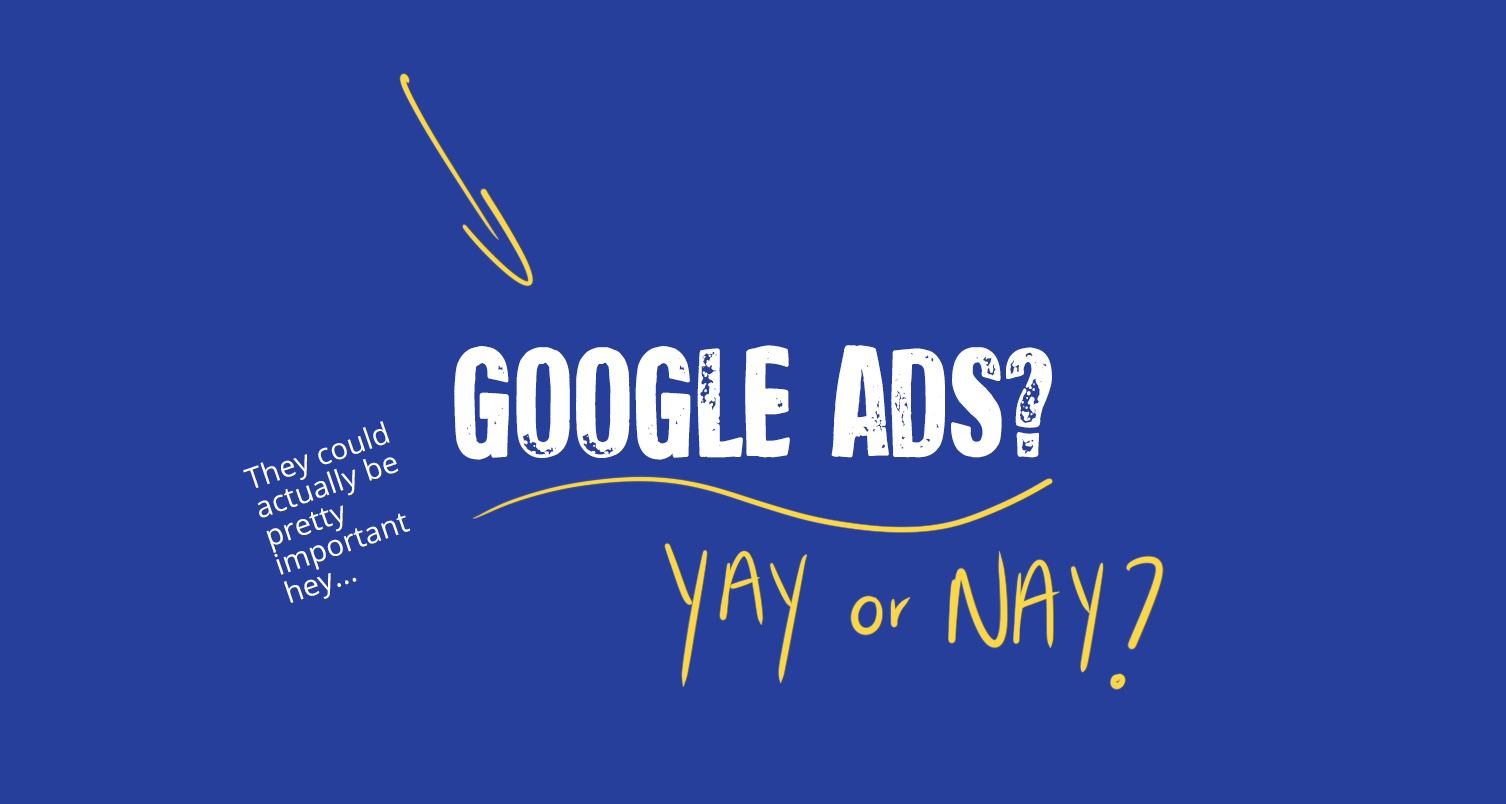Google Ads can help you get in front of potential customers by showing your ad on Google search results and YouTube videos. But how do you know if it’s worth the investment? In this blog post, we’ll discuss some of the key factors that go into determining whether or not Google Ads is right for your business.
Macro
Google Ads is a great tool for marketers because it can help you achieve your goals. You can use Google Ads to get more customers, sales or leads.
It’s affordable and easy to set up, use and measure its success with analytics reports. It also allows you to optimize your campaigns based on customer behaviour, so it’s easy for you to learn how people respond as you advertise different products or services in the future.
Micro
The first step to getting the most out of your Google Ads account is by creating a micro conversion.
A micro conversion is something that happens on your website, social media channel or email list that results in an interaction with a customer. These interactions can be anything from signing up for your newsletter to liking one of your posts on Facebook. As long as it leads to more engagement and revenue down the road, it’s a good thing!
With this in mind, there are plenty of ways you can use Google Ads to drive traffic back to each micro conversion point:
- Website: You can run ads directing people back to specific pages on your site (i.e., home page or contact page) where they can sign up for updates or browse products.
- Social media channels: If someone interacts with one of your posts on Facebook or Twitter (for example), then you could run ads directing these users back into Facebook Messenger chatbots where they could receive personalized recommendations based on their browsing history. This way if someone likes one item but returns later looking for something similar, they’ll get an instant message about it!
Niche
Niche marketing is the practice of targeting specific audiences based on their interests or demographic. For example, if you’re a business that sells men’s shoes and clothing, then niche marketing might be right for you.
You can also think about niche marketing as targeting customers with similar characteristics; they might all be living in the same region, have common interests or hobbies, or share similar motivations for purchasing. For example:
- If your business is an online retailer that sells products targeted at women who are expecting babies and breastfeeding mothers (like breast pumps), then focusing on this audience could help increase sales and engagement rates.
- If your business has a subscription service for weight loss programs or nutrition counselling services aimed at busy professionals, then focusing on those customers would most likely result in more revenue overall—and less effort!
Algorithms
Google Ads are designed to make you more money, and they do this by using an algorithm.
What’s an algorithm? Well, it’s a set of rules that tells Google what to do. Google uses algorithms to determine which ads are more relevant or cost-effective for users.
The goal is always the same: make sure that your ad gets in front of the people who are most likely going to buy from you (and get rid of those who aren’t).
Strategy
In the world of advertising, the first thing you need to do is ask yourself: What am I trying to accomplish?
- Are you trying to position your brand as a premium option in your industry?
- Do you want to create awareness for your product among potential customers who haven’t heard of it yet?
- Are you looking to drive sales and conversions at an existing ecommerce store?
Once you have this down, the next step is deciding how much money and time should be spent on Google Ads. If it’s a new product launch or service offering, then focus on building awareness with broad-based campaigns that reach people across multiple channels like display ads and social media. Reach out directly through email marketing campaigns if possible (or consider hiring someone who can help). You’ll want as many eyes on these ads as possible so they get exposure before launch day arrives!
Demographics
Demographics are the people who use your product or service. They’re the ones who are most likely to click on an ad, search for your product or service online, and buy from you if they decide to make a purchase.
When you create ads with demographics in mind, you can be sure that they’ll be more relevant to your audience. Demographics will help you reach people with similar interests as those who already know about and use your business. This means that if one of your ads features a woman with kids in it, then it’s likely that other women with kids will also find it relevant and click on it.
Also, when you target certain demographics for advertising purposes—like 18-24 year olds—you have more control over how much money is spent on each individual click (CPC). In short: The higher the CPC bid per keyword/keyword family group used within that demographic profile will usually result in better Cost Per Click results due to increased competition among advertisers bidding against each other for those keywords within specific geographic areas where such terms have high demand on search engines like Google Ads’ AdWords platform which generates billions of searches every single day across thousands upon thousands websites worldwide!
Understanding how Google Ads works can help you decide if it’s a good option for you.
Google Ads is a great way to reach a large audience. That’s the good news. The bad news is that it can be expensive, and you need to know how it works before you start. You also need to be able to measure results, adapt to changes within the platform, and understand why these things matter when it comes time for budgeting purposes later on.
If you have what it takes to run an effective Google Ads campaign—as well as the patience and willingness to learn new things—this guide will help you get started.
Conclusion
We hope that by now you have a better idea of if Google Ads is right for your business. If it is, we recommend starting with some basic keyword research to see what will work best for your industry and budget. Then focus on creating high-quality content optimized with those keywords. Finally, set up some campaigns so that you can track everything as it happens!

